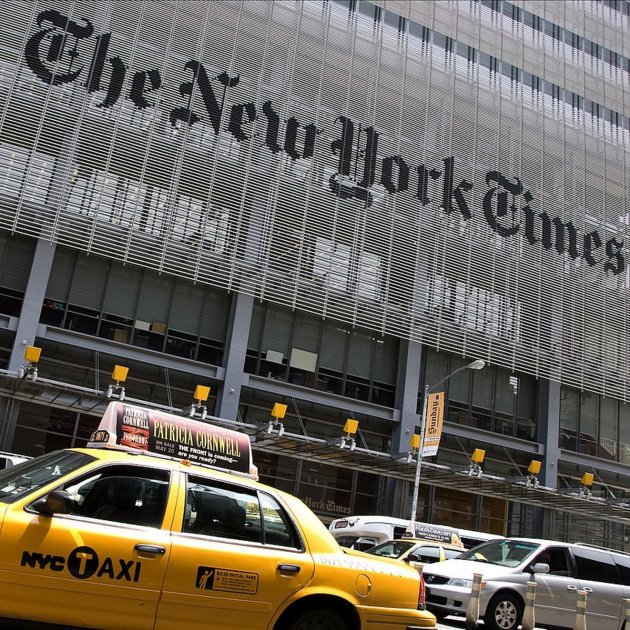Spain's trial of Catalan independence leaders is, simply, "an error": that is the bald conclusion of an article published in the Spanish-language edition of The New York Times: a "mistaken decision" which reveals that Spain is a country incapable of "managing the desires of the communities that form it."
The forthright criticism carries the signature of Diego Fonseca, Argentinian journalist and writer who is considered a leading figure in Latin American narrative journalism.
Translation:
"The trial of the Catalan independence process was a mistake: it jeopardizes the trust of millions of Catalans in the Spanish judicial system, says Diego Fonseca." — NYTimes en Español
"The mistaken decision by the Spanish state to put the Catalan independence leadership on trial has hijacked Spanish politics to expose it live on television," the opinion piece says. The trial, according to the author, has had a boomerang effect against the Spanish government, strengthening the base of the independence movement. "The calls for the release of the political prisoners have not ceased and the mass protests continue," says Fonseca.
The Catalan independence leaders, continues the article, have taken advantage of the trial in Spain's Supreme Court to mount a comprehensive defence, which presents three types of "truth" to the public who are following it on television: political, historical and legal. In all three spheres, says the Argentinian writer, "Spain is exposed as a nation unable to manage the desires of the communities that form it."
Political, historical and legal truths
The article looks at the testimony of civil group leader Jordi Cuixart in the second week of the trial. "Cuixart defended the idea that independence is a request for more democracy in a monarchic nation that is out of phase with history," he says. In this regard, the article says that Cuixart's statements to the court exposed the state solicitor to ridicule, and encapsulated the "Catalan political truth".
The newspaper associates another of the defendants with the exposition of the historical truth: Oriol Junqueras. The former Catalan vice president defended the actions of independence supporters "as an act of faith in democracy", explains the article. Fonseca considers that Junqueras's words to the Court were not for the judges, but rather, "it was a speech to build his place in history."
Finally, the legal truth. The prosecutions seek to condemn the independence leaders on charges of rebellion, sedition and misuse of public funds. "But the evidence for these crimes is dissolving," says the article. "The state has done little to show that the Catalan government diverted funds from public coffers to finance the referendum or that there was any violence," it argues.
Disgrace, live and direct
The article is even stronger in its criticisms of the major Spanish political witnesses who have appeared in the trial. "The three highest authorities in the Spanish government ran off without paying their bill," says the newspaper referring to former Spanish PM Mariano Rajoy, his deputy Soraya Sáenz de Santamaría and ex-interior minister Juan Ignacio Zoido, the key figures in the government at the time of the referendum. The journalist writes that they acted as a "band of sarcastic rebels" and the prosecutors come across "aristocrats in need of a siesta."
And with all this, according to the article, the Supreme Court trial of the independence leaders is likely to achieve just one thing: "to obliterate the confidence of millions of Catalans in the Spanish judicial system". However it ends, says Fonseca, it will signify a defeat: "a lost opportunity to solve the political crisis with Catalonia".
